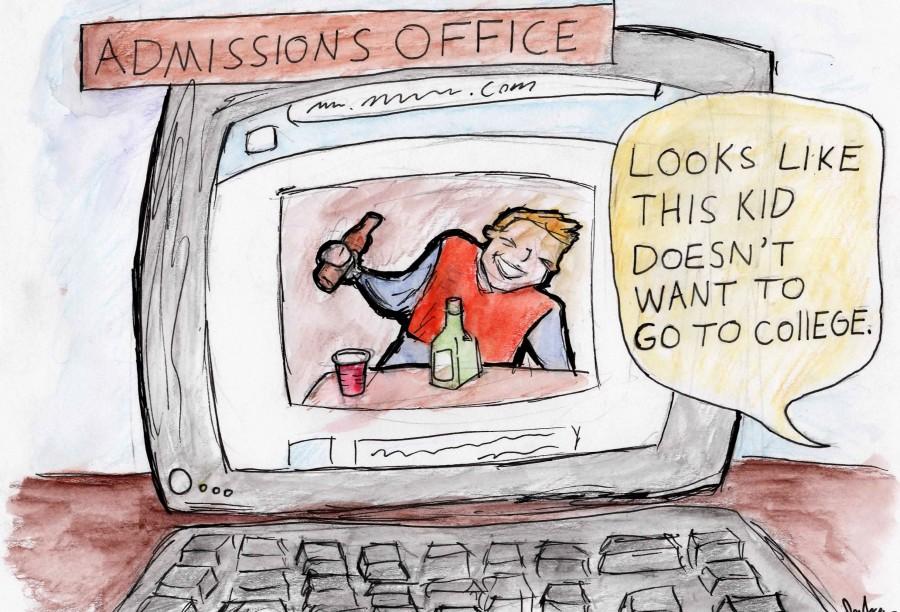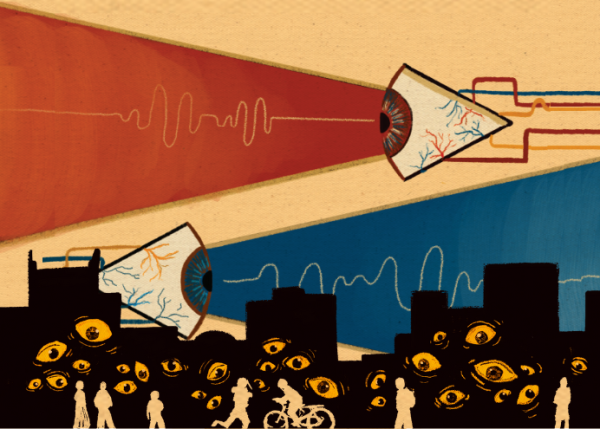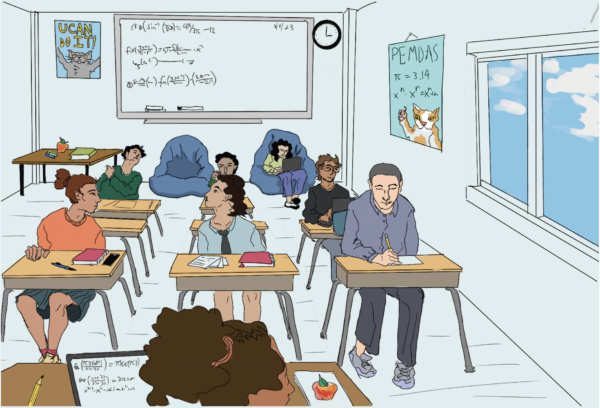Social media can risk students’ futures
Snap out of it.
Mistakes on social media really do affect college admissions and employment opportunities.
Some colleges agree that viewing a person’s social media page creates unnecessary biases towards a student. “We want to look at the same general information for all candidates instead of looking at something for a completely separate purpose,” says F. Sheppard Shanley, senior associate director of admission at Northwestern University. Still, it’s important to be cautious when posting, retweeting or snapping.
NU may not be nosey, but many schools are. According to a 2016 Kaplan survey, 40% of college admissions officers have visited their applicants’ social media pages to find out more about them (an all time high). The survey also says that 37% of what admissions officers have found has negatively impacted a student’s application.
There are ways to protect your profile from the eyes of admissions officers and job employers. “Students should know who has access and they should only allow true friends or family be able to see what they’re doing,” says Erin Moriarty, associate director of admissions at Loyola University. Just changing your username to cover your tracks can’t guarantee safety- colleges can use your email address to track down information.
When developing an online account, it’s important to think about how it impacts your chances of getting into your dream school and also how it influences future employment opportunities.
“When people are on social media, they say things they wouldn’t normally say because it’s easier to say something over the Internet than to someone’s face,” says Bailee Rue, senior.
On your cell phone, “everything can be spontaneous and posted in a minute; there isn’t a lot of thought process about the ramifications,” Moriarty says.
Social media sites can be useful, enjoyable and safe tools. The problem starts when you post pictures or statuses that may hurt your future or negatively affect others.
Your donation will support the student journalists of the Evanstonian. We are planning a big trip to the Journalism Educators Association conference in Philadelphia in November 2023, and any support will go towards making that trip a reality. Contributions will appear as a charge from SNOSite. Donations are NOT tax-deductible.







